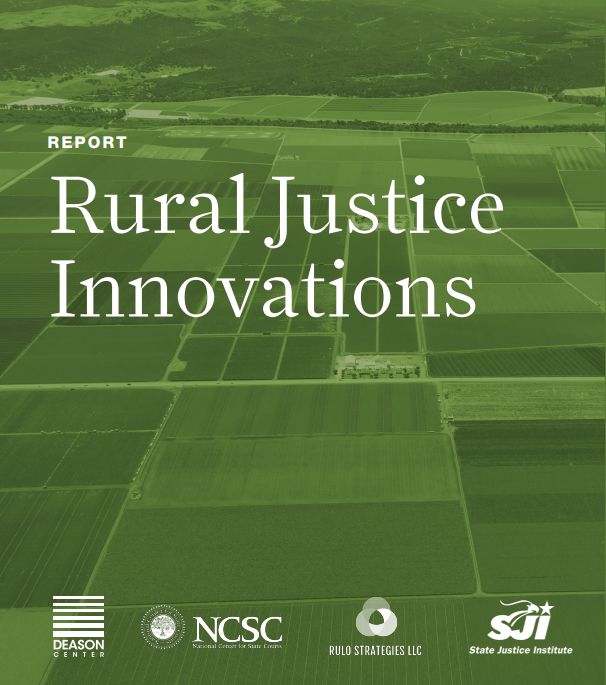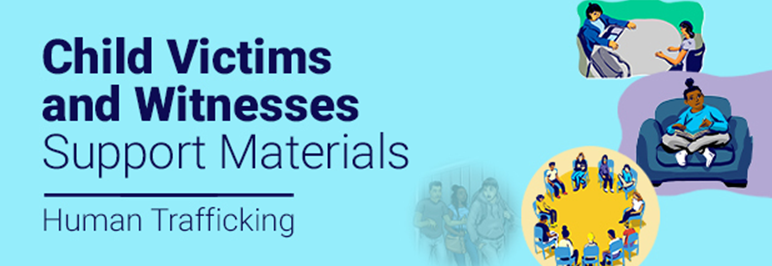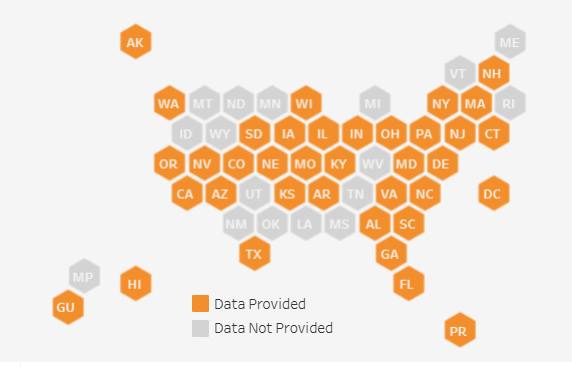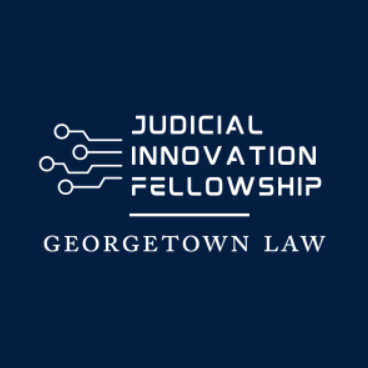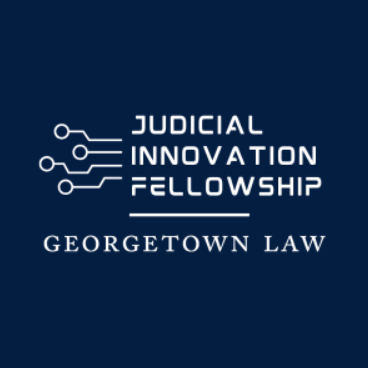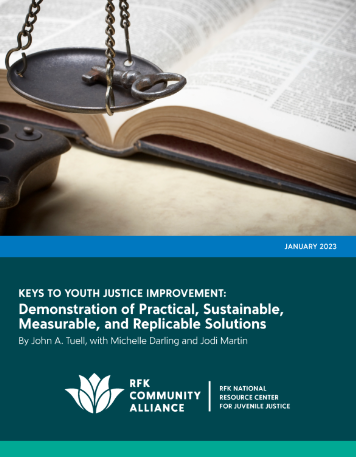Enforcing court rules that require expedited actions can improve fairness, cost, and efficiency in the civil justice system while also relieving case backlogs exacerbated by the pandemic, according to new findings released by national experts today. In its report, “A Renewed Analysis of the Expedited Actions Rules in Texas Courts,” the Texas Office of Court Administration (OCA), National Center for State Courts and IAALS, the Institute for the Advancement of the American Legal System, found that rules adopted by the Supreme Court of Texas in 2012 have expedited the resolution of cases—both before and after the pandemic.
“The rules have had a positive impact, particularly in the area of discovery, but the full benefit of the rules has not been realized,” according to the Texas study. “While it has been over a decade since the rules were first implemented, there remains great opportunity for more consistent case management.”
Recommendations for maximizing those opportunities include training for judges and staff, increased use of technology to assist in civil case management and stronger enforcement of the rules.
In 2019, the Texas rules required:
- Application to all civil cases where the amount in controversy is $100,000 or less;
- Discovery to begin within 180 days of case filing;
- Limits to discovery of no more than 6 hours of depositions, 15 written interrogatories, 15 requests for production and 15 requests for admission;
- Mandatory trial dates within 90 days of completion of discovery; and
- Restrictions on time, fees and deadlines for court-ordered alternative dispute resolution.
The study—which was conducted at the request of the Texas Office of Court Administration—notes that the expedited actions rules work particularly well with certain case types, especially contract cases, debt collection, and personal injury cases where only limited discovery is needed. In January 2021, the rules were amended and increased the amount-in-controversy from $100,000 to $250,000, which expanded the number of cases eligible for civil case processing under the rules.
“The rules provide predictability in these cases, which contributes to efficiency and decreased costs,” according to the report. “Judges and attorneys agreed that the rules are less effective for more complex cases, such as cases that require more experts or additional discovery beyond the limits in the rules.”
OCA Research Director Jeffrey Tsunekawa explained that “the Supreme Court of Texas implemented the expedited actions rules to address some of the many complications in resolving civil cases in Texas. As judges, court staff and attorneys continue to familiarize themselves with the rules, efficient use of the courts’ time will be realized as cases as finalized. These efficiencies are not only benefit courts and the attorneys who practice in these courtrooms, but also the litigants involved in the legal disputes.”
Read the full report online to learn more about the research, findings and recommendations.
This project is funded by the State Justice Institute.



